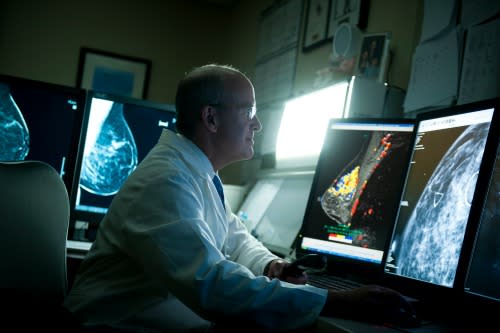Anal Cancer Symptoms & Treatment
We’re here to help. Contact Vanessa Boral, MSN, RN at the number below. Press 2.
If you or someone you care about has been affected by anal cancer, you’re probably aware that it’s a very uncommon type of cancer affecting the tissues of the anus. You’ll benefit first-hand from our dedicated team of medical and radiation oncologists and surgeons, trained to treat complex types of anal cancer.
What Is Anal Cancer?
The anus is the end of the large intestine, below the rectum, through which stool (solid waste) leaves the body. The anus is formed partly from the outer skin layers of the body and partly from the intestine. Two ring-like muscles, called sphincter muscles, open and close the anal opening and let stool pass out of the body. The anal canal, the part of the anus between the rectum and the anal opening, is about 1-1½ inches long. Anal Cancer is a disease in which malignant (cancer) cells form in the tissues of the anus.
Common Risk Factors Of Anal Cancer Include:
- Being infected with the human papillomavirus (HPV) increases the risk for developing anal cancer
- Having many sexual partners
- Being older than 50 years
- Smoking cigarettes
Anal Cancer Signs And Symptoms Vary From Person To Person, But Some Of The Most Common Are:
- Bleeding from the anus or rectum
- A lump near the anus
- Pain or pressure in the area around the anus
- Itching or discharge from the anus
- A change in bowel habits
What Makes Anal Cancer Treatment At Stamford Health Unique?
When it comes to care for anal cancer, you are at the heart of every decision we make. Our multidisciplinary team holds frequent tumor conferences at Stamford Hospital. We discuss and review patient cases so that the best choices, including second opinions, can be made for you. This conference includes oncologic surgeons, colorectal surgeons, medical oncologists, radiation oncologists, radiologists, pathologists and gastroenterologists, all working together to put you first.
How Is Anal Cancer Treated?
Treatment for anal cancer depends on the type and stage of your cancer. Options commonly include surgery, chemotherapy, and/or radiation therapy.
Surgical approaches for anal cancer:
- Local resection: A surgical procedure in which the tumor is cut from the anus along with some of the healthy tissue around it. Local resection may be used if the cancer is small and has not spread. This procedure may save the sphincter muscles so bowel movements can still be controlled. Tumors that form in the lower part of the anus can often be removed with local resection.
- Abdominoperineal resection or APR: A surgical procedure in which the anus, rectum, and part of the sigmoid colon are removed through an incision made in the abdomen. The doctor sews the end of the intestine to an opening, called a stoma, made in the surface of the abdomen so body waste can be collected in a disposable bag outside of the body. This is called a colostomy. Lymph nodes that contain cancer may also be removed during this operation.




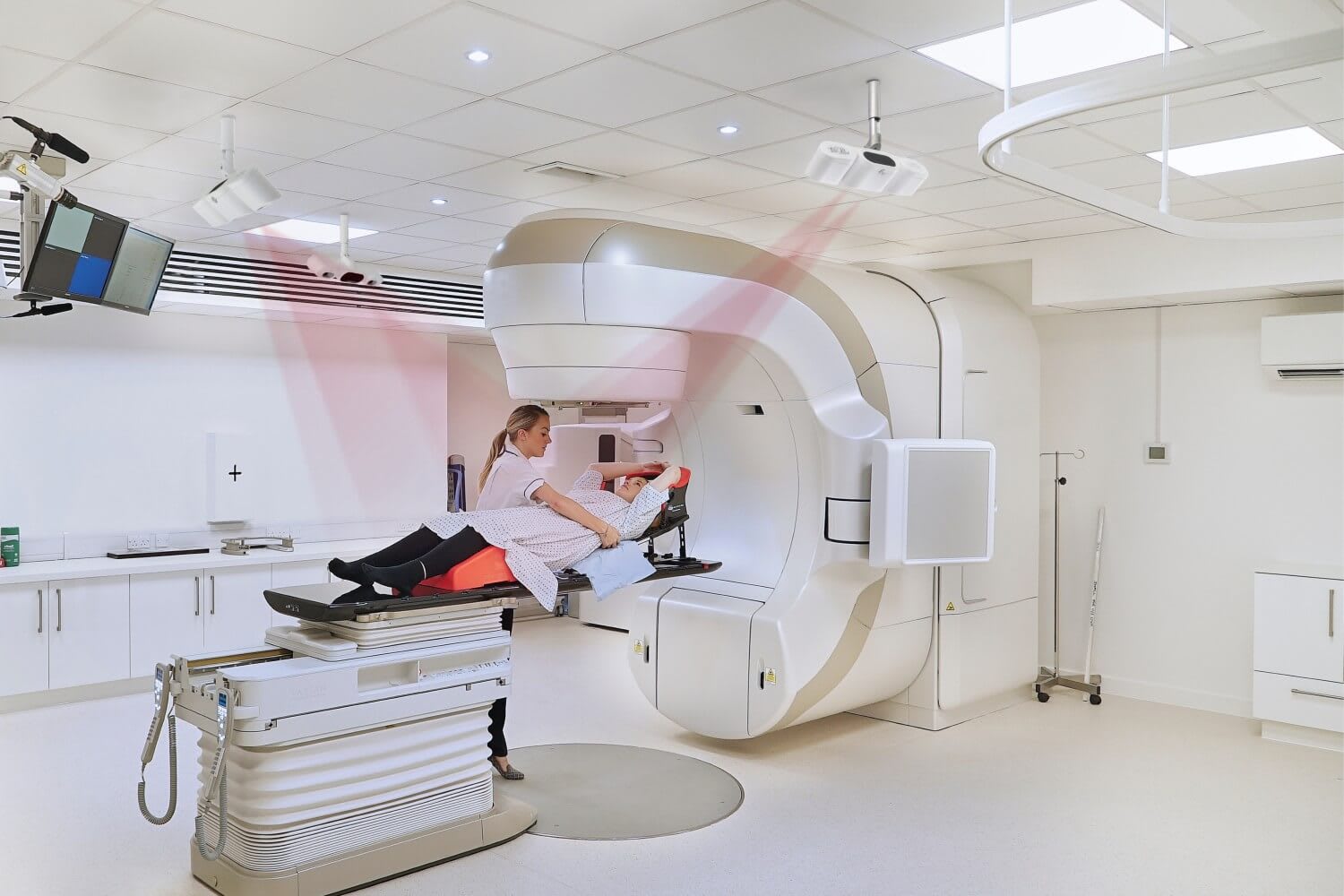


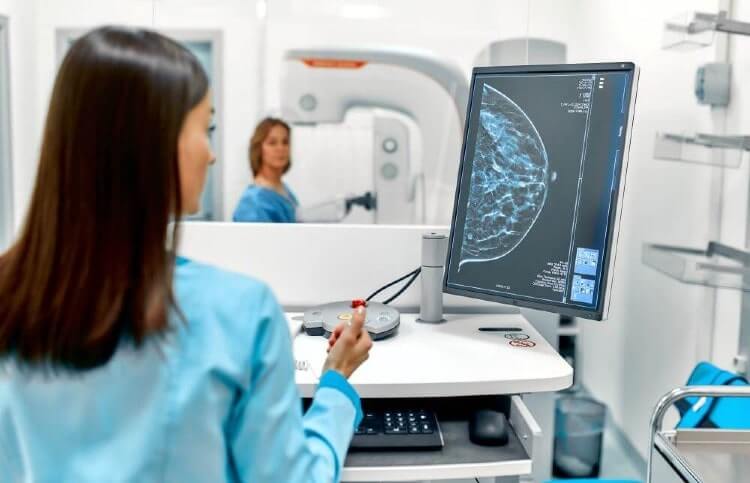













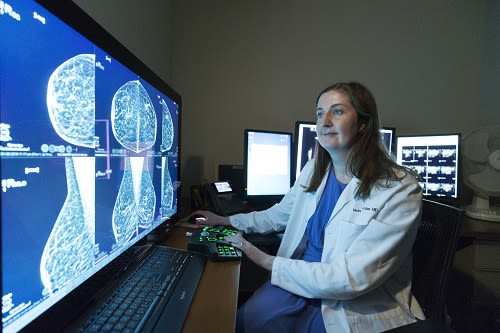



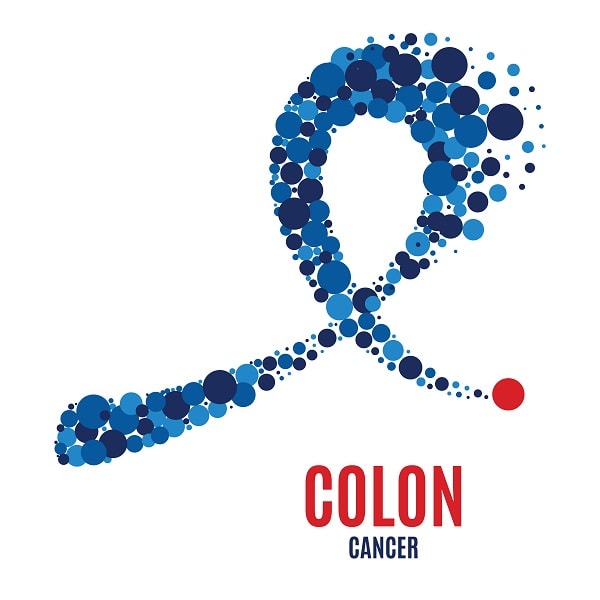

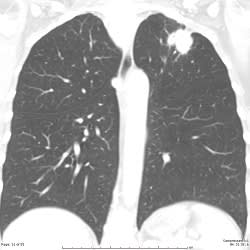





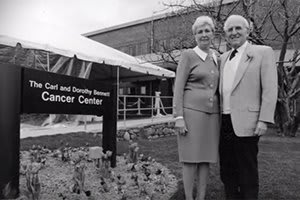







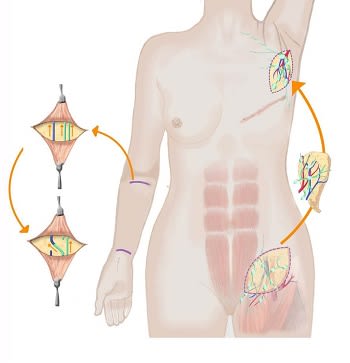


















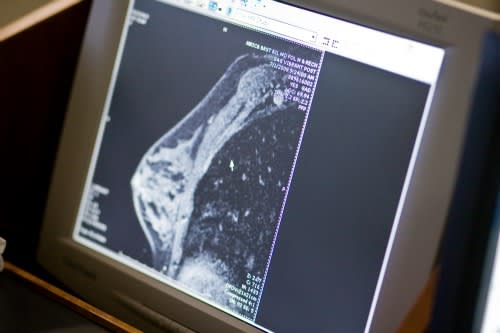








)


)

)
)
